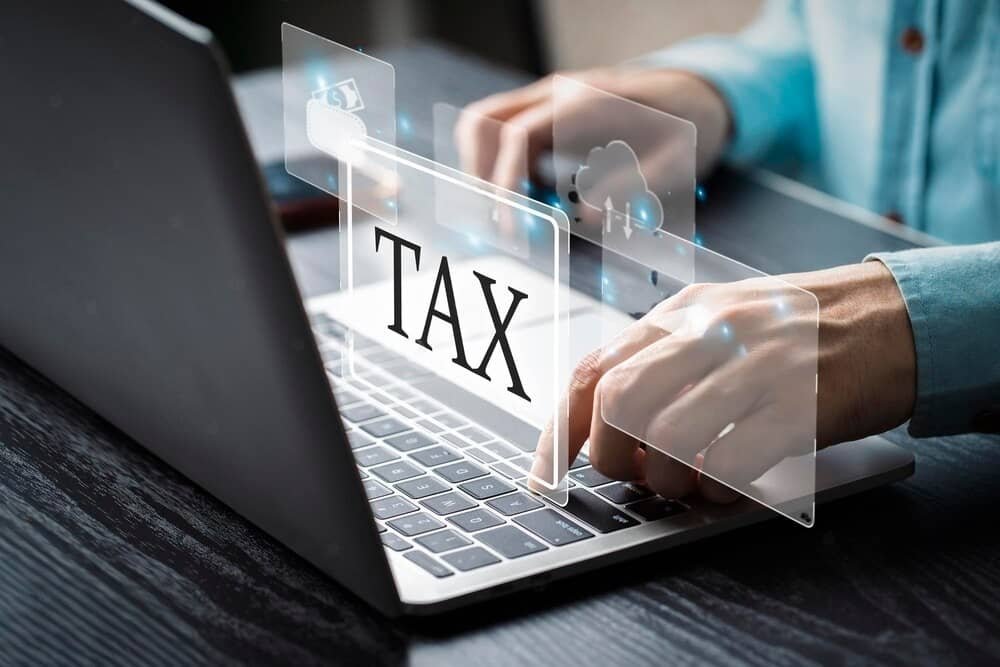Dubai features a tax structure that is intended to attract businesses and investments from worldwide. The UAE levies a 9% corporate tax on enterprises operating in Dubai for those entities that are having a profit of USD 100,000. The UAE does not collect personal income tax. The majority of goods and services in Dubai are also subject to 5% value-added tax (VAT), while some industries are exempt from VAT.
zero-rated industries
- With relation to the following major groups of supplies, VAT shall not be assessed:
- Goods and service that are provided or exported outside the GCC
- Transportation internationally and related materials
- Supply of certain land, sea, and air vehicles, including ships and aircraft
- Many investment-grade precious metals, such as 99% pure gold and silver,
- Residential properties that have just been built and are made available for the first time within three years
- The provision of specific educational services and the provision of pertinent goods and services
- The provision of specific healthcare services and the provision of pertinent goods and services
Dubai also provides firms with a number of tax-related benefits, including exemptions from import customs charges, free zone status, and double tax treaties with more than 100 nations. To increase transparency and collaboration in tax affairs, the UAE has also signed a number of agreements for the exchange of tax information with foreign nations.
The government has taken attempts to make the tax system as straightforward and clear as feasible. Generally, Dubai’s tax system is intended to promote investment and entrepreneurship.


















